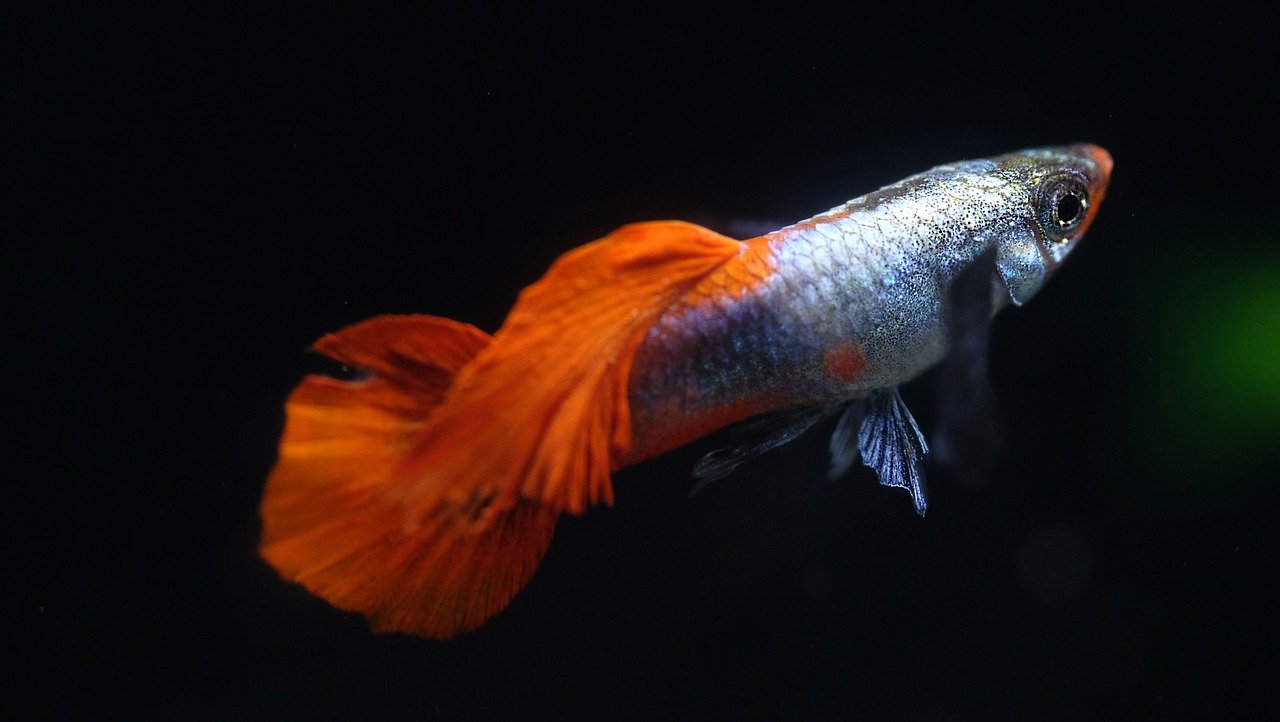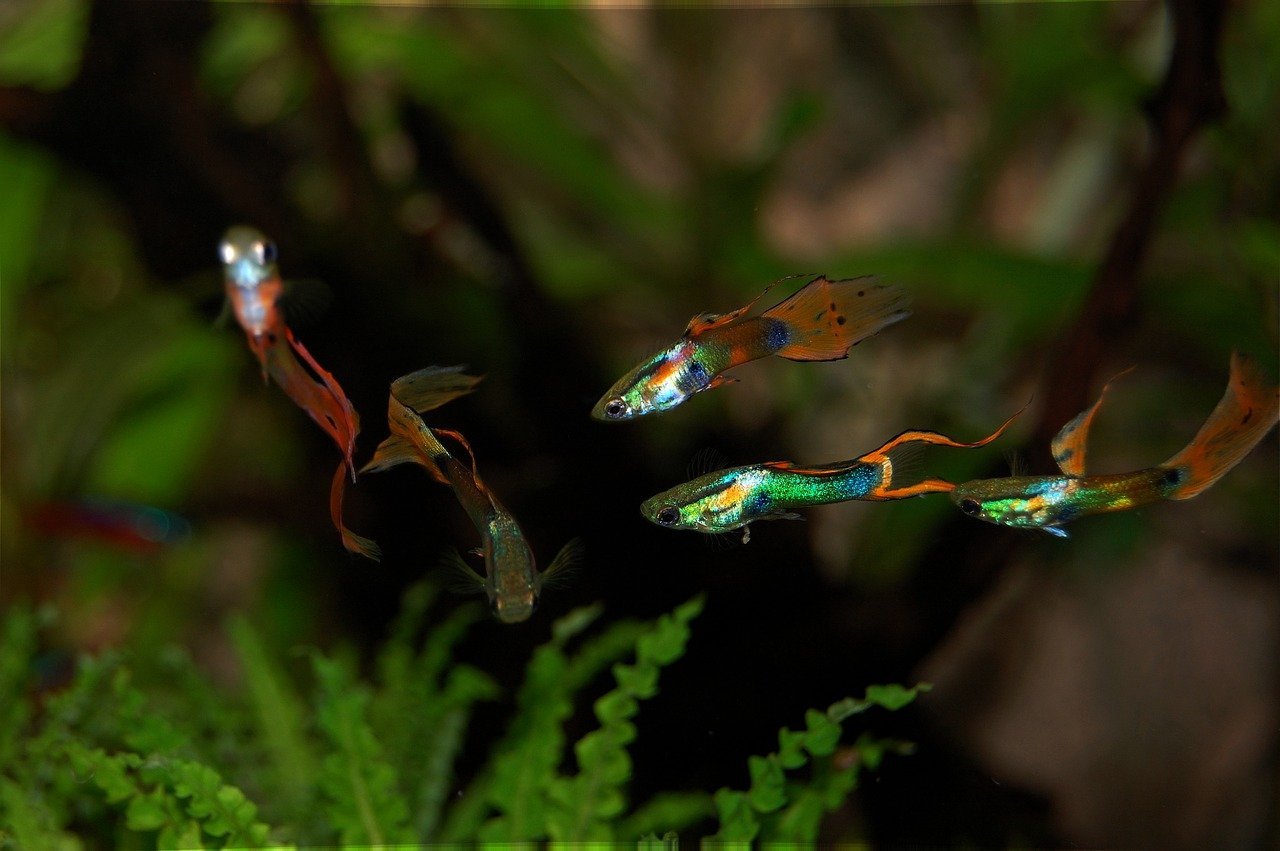
What to Feed Guppies A Comprehensive Guide And Tips
What to feed guppies a comprehensive guide and tips for the guppies in your home aquariums can be an incredibly rewarding experience, especially when you see these small, colorful fish thrive in their carefully curated environments.when it comes to what to feed guppies,keep in mind that these vibrant creatures are not only visually appealing but also relatively easy to care for, making them a popular choice among fish enthusiasts. However, their nutrition plays a critical role in their health and well-being. Understanding the right way to feed them ensures they receive all the essential nutrients they need for optimal growth and development.
Guppies are omnivorous, which means they require a balanced diet that includes both plant and animal-based foods. This mix is crucial because it mimics their natural diet in the wild, where they would typically consume a variety of algae, insects, and other small aquatic creatures. To maintain a healthy population of guppies in captivity, it’s important to replicate this diet as closely as possible. For those raising fry, a specialized feeding schedule is necessary, as their nutritional needs differ from those of adult guppies. Providing high-quality food in a well-maintained aquarium environment is key to their success.
The Importance of a Balanced Diet
A protein-rich diet is essential for guppies as it supports growth, repairing tissues, and maintaining healthy skin and scales. It also boosts their immune system, helping them fend off diseases. Foods like live or frozen brine shrimp, daphnia, and bloodworms are excellent sources of protein. Additionally, guppies benefit from a variety of vitamins and minerals. For instance, vitamins A, C, and E are critical for maintaining good eyesight, vibrant reproductive health, and strong bones and teeth due to calcium and phosphorus.
what to feed guppies it’s not just about protein. Guppies need carbohydrates for energy and a bit of fats and fiber to ensure a well-rounded diet. Including spirulina and vegetables like peas, carrots, zucchini, cabbage, lettuce, and broccoli (preferably blanched to make them easier to consume) can add the necessary plant-based components to their diet. Offering this variety is not just about meeting their dietary needs but also about keeping their meals interesting, which can help prevent obesity and other health issues.
What To Feed Guppies: Feeding Variety and Practical Tips
For convenience, flakes and pellets are often the go-to foods for guppy owners. These options are easy to store and serve, making them a staple in most fish diets. However, incorporating a mix of crustaceans like shrimp and daphnia, or even earthworms and tubifex worms, can significantly boost the nutritional value of their diet. Guppies, being natural foragers, also enjoy nibbling on algae and live plants in their tanks. You can supplement this with seaweed or algae wafers to ensure they get enough plant material.
When it comes to what to feed guppies feeding schedules, less is often more. Guppies should be fed in small amounts several times a day, rather than a large meal all at once. This not only prevents overfeeding but also ensures the water quality in the tank remains stable. A pinch of food in the morning and again at night is usually sufficient. Watch their appetite and adjust the amount accordingly—if there’s food left after a couple of minutes, it’s a sign you might be overfeeding them. Overfeeding can lead to excess waste and debris in the tank, which can quickly foul the water and compromise the cleanliness and overall maintenance of your aquarium. This is particularly important as the build-up of nitrates, nitrites, and ammonia can create a toxic environment, affecting the pH balance and leading to stress and potential health issues for your guppies.
Enhancing Color and Health with Special Treats
In the journey of what to feed guppies, One of the joys is watching their brilliant colors develop and intensify. Adding protein-rich foods like krill, which contains beta-carotene and astaxanthin, can enhance the vibrant hues of your fish. These natural color enhancers are often found in foods designed specifically for tropical fish, and they help bring out the reds, oranges, and yellows in your guppies.
Occasionally, offering treats like tiny mosquito larvae or cultured foods such as blanched spinach or cucumber can be beneficial in the schedule of what to feed guppies. These not only provide variety but also mimic the natural diet guppies might encounter in the wild. However, treats should be given in moderation to prevent constipation, swim bladder issues, or buoyancy problems, which can arise from imbalanced diets.

What To Feed Guppies:Homemade and Processed Foods
For those who prefer to prepare food at home, you can offer boiled chicken, egg yolk, or even beef hearts diced into tiny pieces. While these can be nutrient-dense, they should be used sparingly and not as a long-term replacement for commercial fish food, as they can lack certain vital nutrients and might contribute to an imbalance in the guppy’s diet. Additionally, avoid feeding processed cereals, bread, or other human foods, as these can cause stress and aggression among fish due to inadequate nutritional content.
Maintaining a Healthy Aquarium Environment
The right diet goes hand in hand with a well-maintained aquarium environment. Guppies thrive in clean, well-lit tanks with the appropriate lighting and aesthetics provided by live plants and other decorations that replicate their natural habitat. Regular maintenance of the tank, including monitoring the water parameters like temperature, pH, and cleanliness, is essential to prevent overfeeding from leading to poor water quality.
Finally, introducing African Dwarf Frogs, Goldfish, or Axolotls into a guppy tank should be done with caution, as their dietary needs differ significantly. While these creatures might share the same aquarium space, their diet should be managed separately to avoid competition and ensure each species gets the proper nutrients.
By providing a balanced, varied diet and maintaining a clean, stable environment, your guppies will not only survive but thrive, showcasing their natural beauty and vibrant health.
Leave a Reply